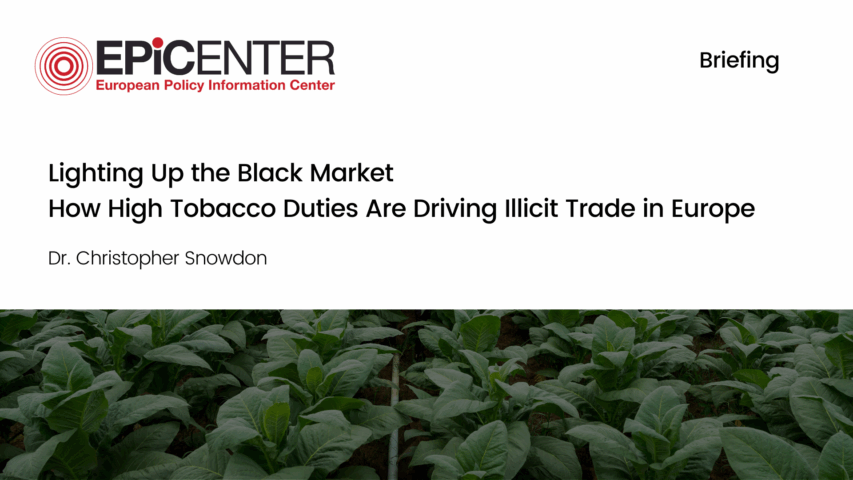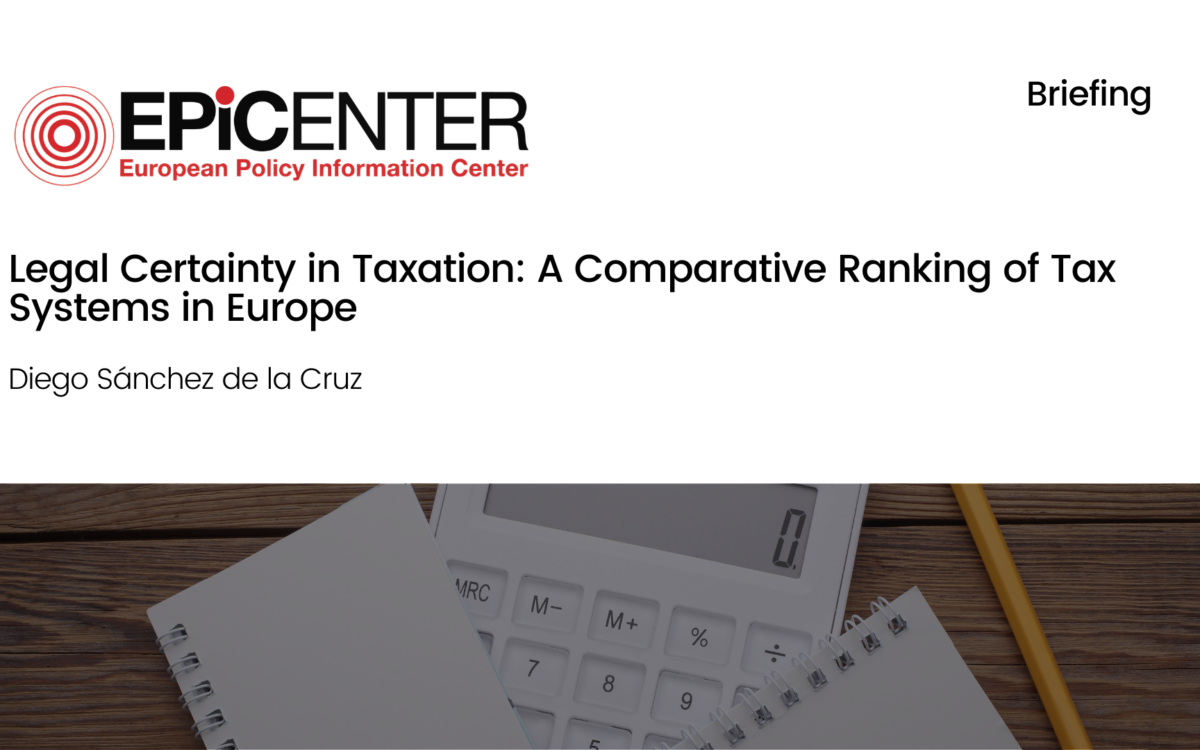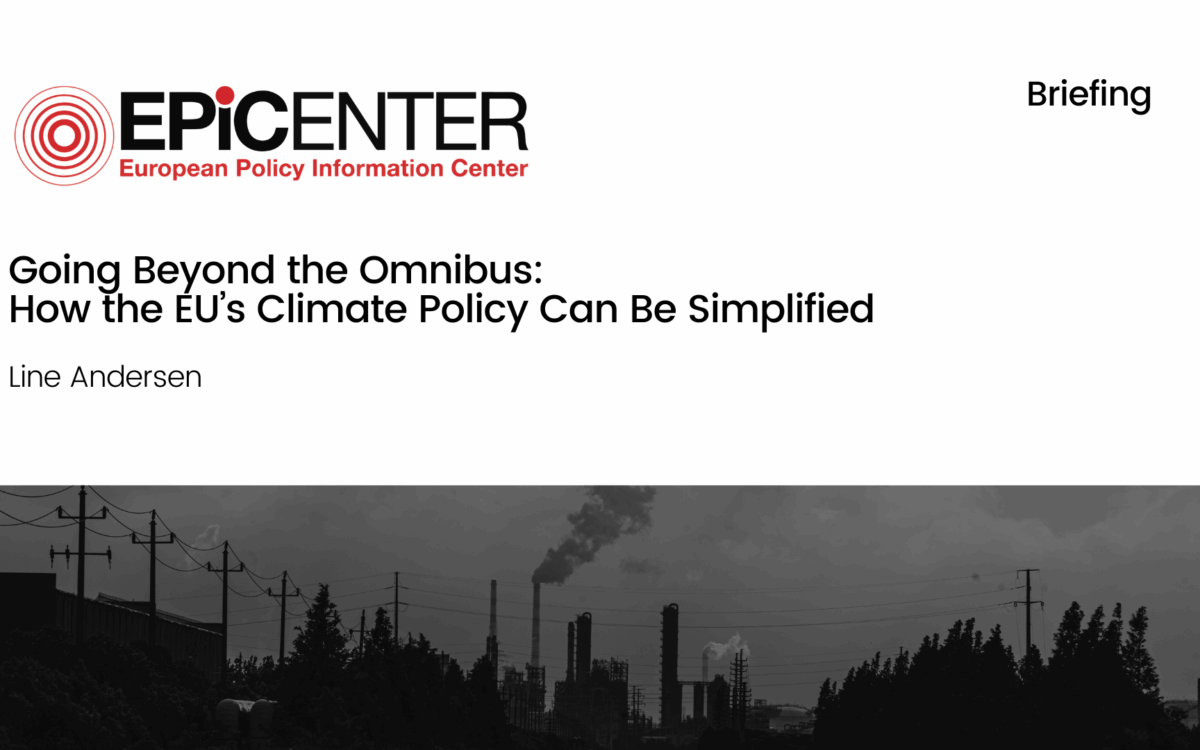Lighting Up the Black Market: How High Tobacco Duties Are Driving Illicit Trade in Europe

Lighting Up the Black Market: How High Tobacco Duties Are Driving Illicit Trade in Europe
Dr. Christopher Snowdon // 16 July 2025
High tobacco taxes are often seen as a public health tool, but excessive duties are now driving the growth of Europe’s black market. The affordability of legal cigarettes, not just their price, is the strongest predictor of illicit tobacco sales across the continent.
Rather than cutting smoking rates, high taxes increasingly push lower-income smokers towards contraband and counterfeit products. The briefing also challenges assumptions about corruption and geography, finding that illicit trade is growing fastest in high-tax Western European countries, not those closest to traditional smuggling routes.
As the European Commission uses tobacco taxation to fund the next EU budget, the briefing warns that further excise increases could undermine revenues and fuel organised crime. The UK’s experience and Australia’s violent black market are clear warnings of where this policy path may lead.
The main conclusions of the report are:
-
There is a statistically significant link between high tobacco taxes and the size of the illicit cigarette market in Europe, particularly in Western member states
- Both the relative affordability and the retail price are key drivers of illicit trade.
-
Proximity to non-EU countries and perceived corruption levels are no longer key drivers of illicit tobacco trade
-
In the UK, legal cigarette sales have fallen by over 40 per cent since 2021, while smoking prevalence has remained largely unchanged
-
By increases tobacco excise duties to raise revenue, the EU risks exacerbating illicit trade and undermining national tax bases
-
Australia's black market offers a cautionary tale, where excessive taxation has fuelled violent turf wars and large-scale criminal operation.
Download or share this publication
View the PDF
EPICENTER publications and contributions from our member think tanks are designed to promote the discussion of economic issues and the role of markets in solving economic and social problems. As with all EPICENTER publications, the views expressed here are those of the author and not EPICENTER or its member think tanks (which have no corporate view).



